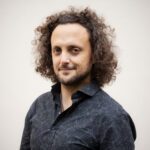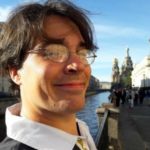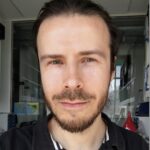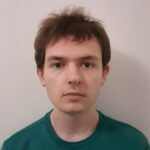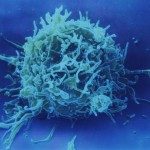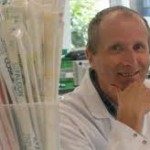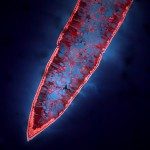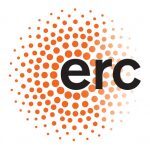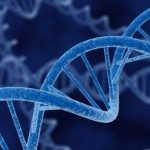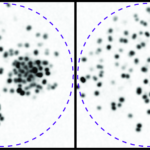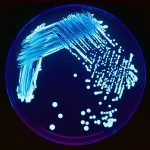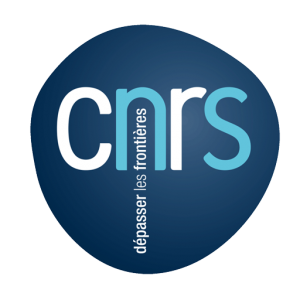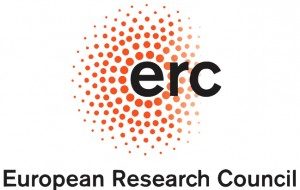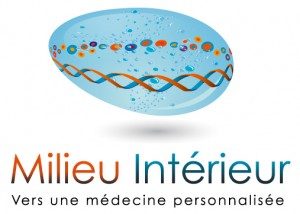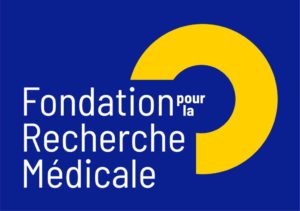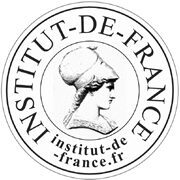“Nature is the best doctor: she cures three out of four illnesses, and she never speaks ill on her colleagues.” Louis Pasteur
Our research is focused on understanding how natural selection, human demography and lifestyle have shaped the patterns of diversity of the human genome, to understand how this may impact phenotype variation and disease. Our current projects aim to to increase our understanding of (i) the genetic architecture of human populations, migrations patterns and admixture events; (ii) the occurrence of positive selection in the human genome and the relationship between population demography and the burden of deleterious alleles; (iii) the genetic and epigenetic determinants of immunity-related traits, with an emphasis on molecular phenotypes such as gene and miRNA expression; and (iv) the relationship between genetic diversity, epigenetic patterns (in particular DNA methylation) and changes in lifestyle and habitat of human populations. To this end, our laboratory combines population genetics and cellular genomic approaches, with computational modelling and development of new statistical frameworks, often working closely to theoretical population geneticists, immunologists, epidemiological geneticists as well as anthropologists.






